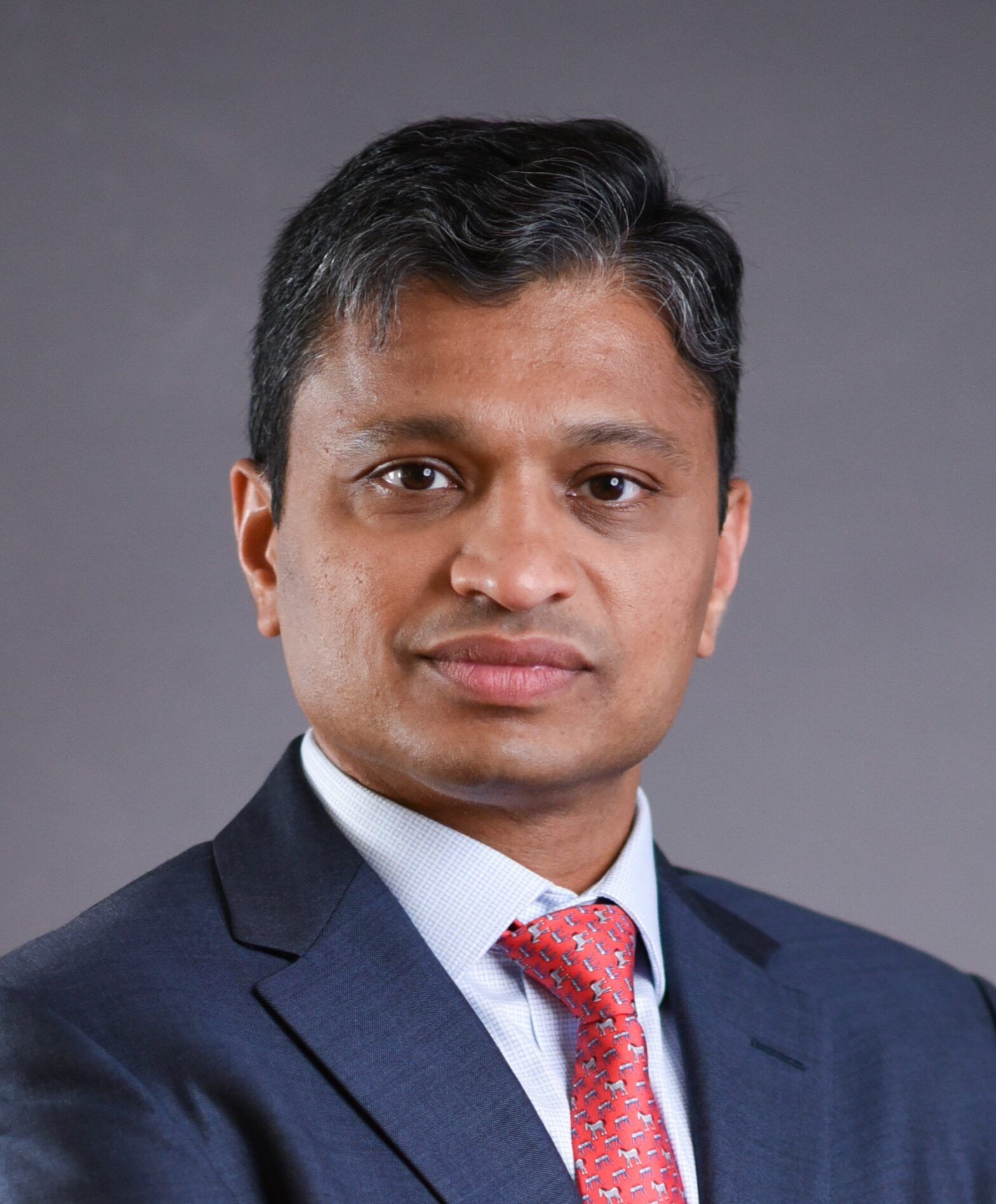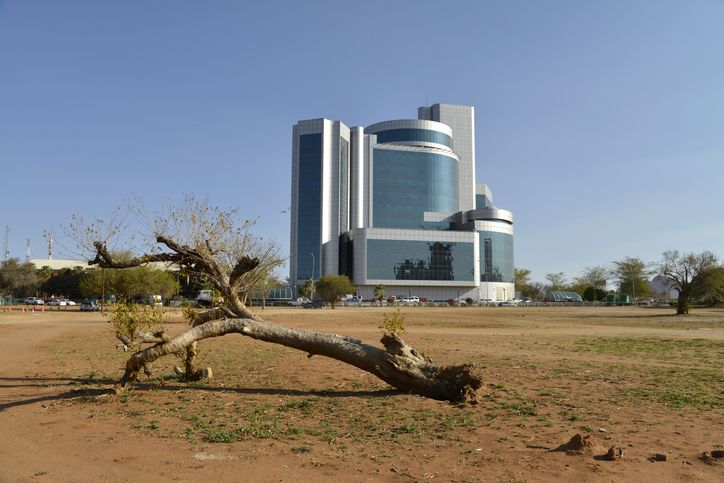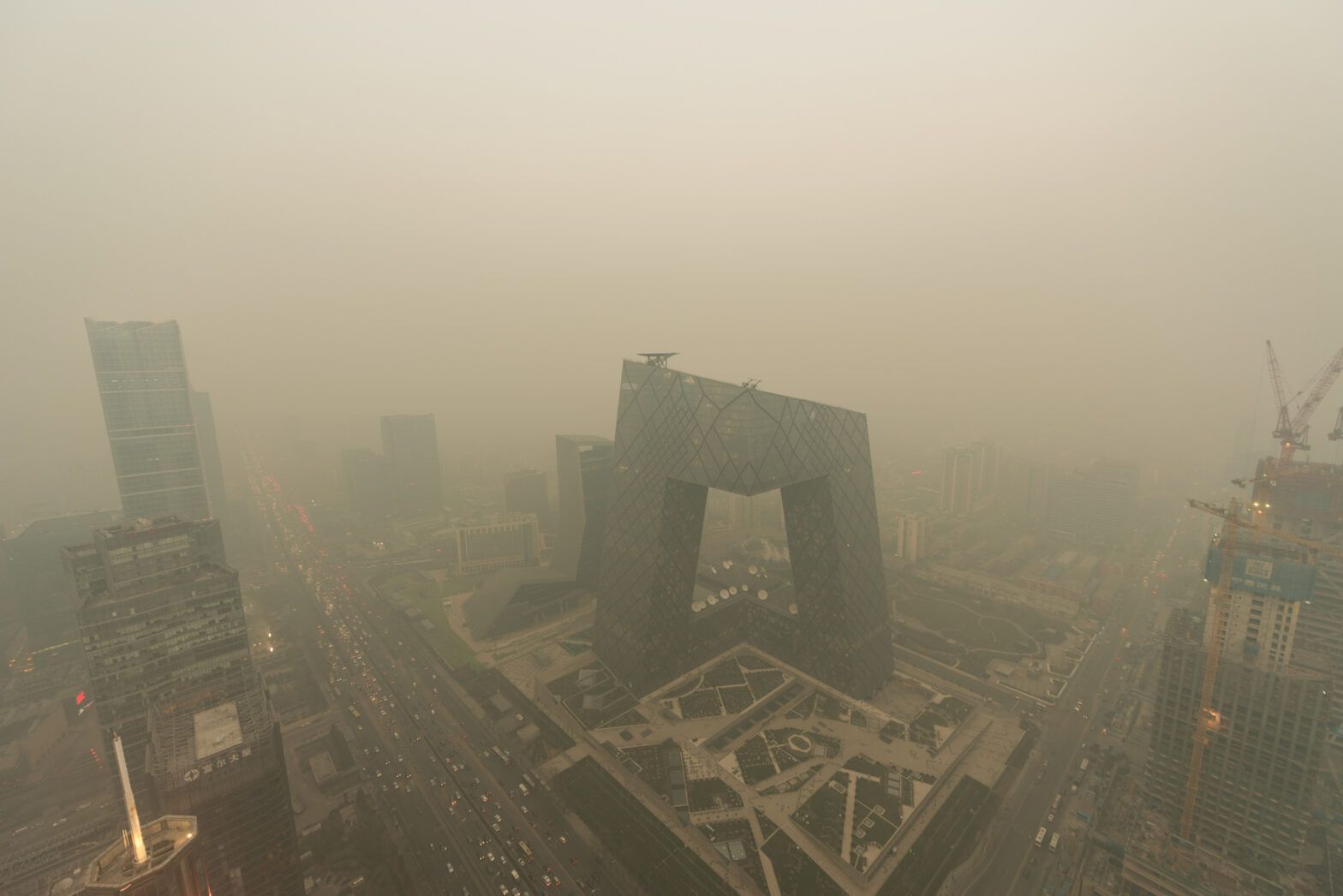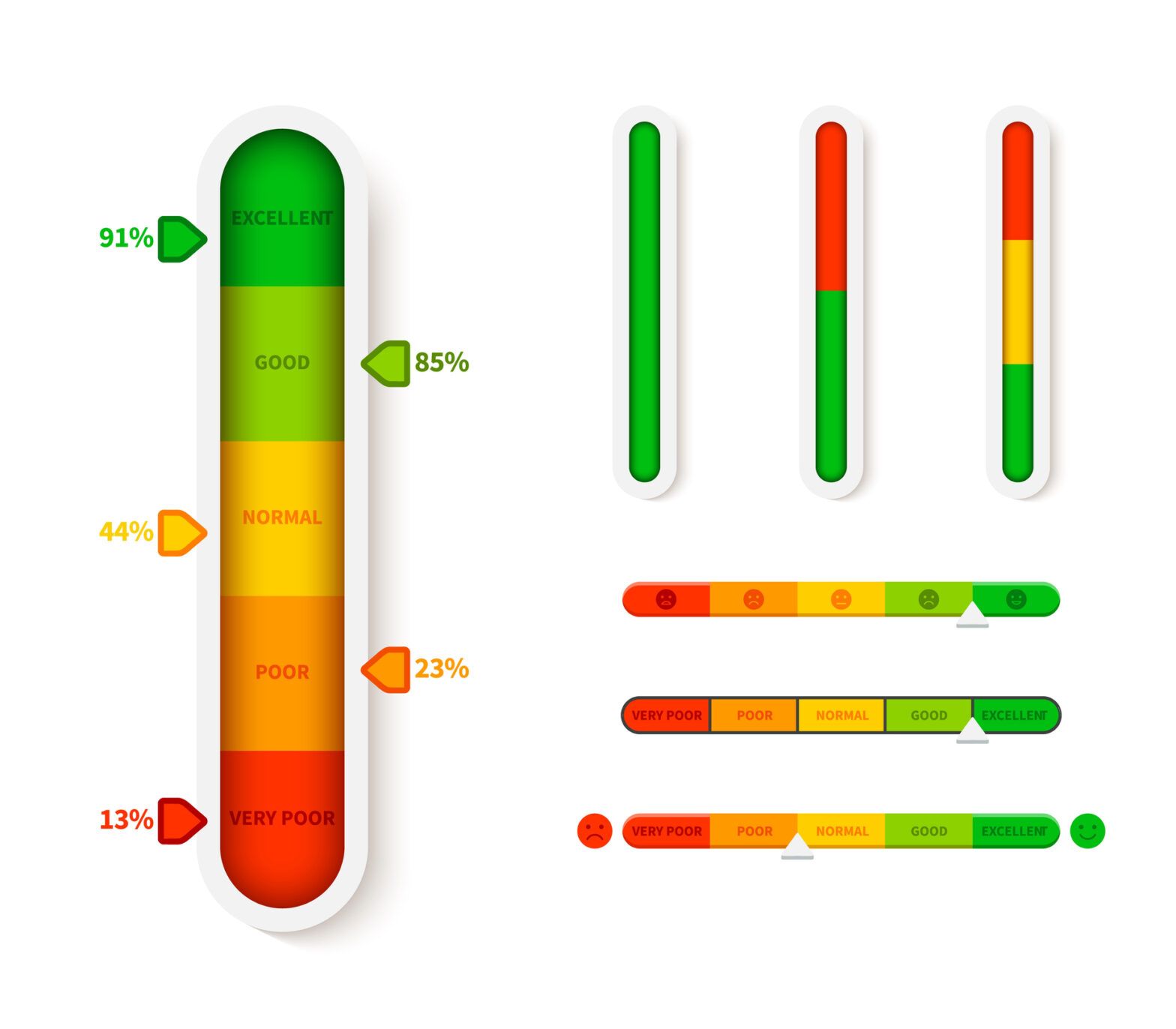Fidelity sees steady growth of sustainable investing in Asia
A top-down push has helped sustainable investment gain a foothold in the region, according to Fidelity International.

A top-down push has helped sustainable investment gain a foothold in the region, according to Fidelity International.

Credit Suisse expects investment to pour into China green technology and infrastructure during the next three decades.

There is improvement in gender diversity among senior executives and in boardrooms, but more needs to be done in Asia, according to Credit Suisse.

Investors are increasingly addressing ESG issues through ETFs, according to the US asset manager.

There has never been greater investor appetite to pursue impact investment strategies in emerging markets (EM), according to Schroders.

For China to meet its carbon neutral target, traditional energy sectors will come under pressure while new, cleaner energy sources will offer more opportunities, according to the ratings agency.

Fitch Group is launching “Sustainable Fitch”’, which will offer a range of ESG ratings products at both an entity and instrument level for all asset classes globally.

Fidelity International has shown a strong relationship between a company’s sustainability characteristics and historical dividend growth.

The cost for China, Japan and South Korea to create a net-zero transport sector is vast, according to ING research, making early action essential.

To counter the impact of persistently rising sea levels, large investments will be needed, but also pose implications for portfolios, according to Deutsche Bank.

Amid robust demand for onshore retail funds by foreign fund houses, Chinese investors are paying closer attention to these managers’ ESG commitments.

The move is part of Mirae Asset Global Investments efforts to integrate ESG into its investment process.